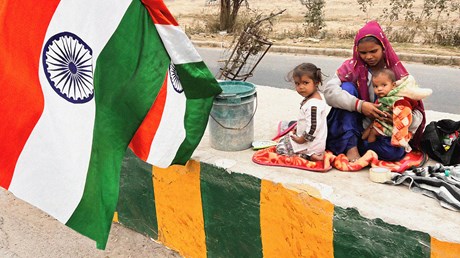For most, daughters are “expenditures”; sons are “investments.” Leaders from across the country weigh in.

For many Indian families, gender reveals are less pink or blue parties and more future financial announcements. Baby girls are “expenditures”; baby boys are “investments.”
In communities where children work, girls generally remain at home while boys can earn money at young ages. After their weddings, while sons traditionally stay in the homes they grew up in, daughters move into their in-laws’ households, to whom their parents can pay lavish dowries (including cars or townhouses).
Although dowries are illegal, a punishable offense, and seen as perpetuating poverty for the already poor and the lower middle income groups, they are nevertheless still widely practiced across the majority of the country, regardless of religion. While Christian families may not loudly champion dowries, many continue to practice it under the guise of culture.
Today, India has 9 million “missing” girls in two decades due to sex-selective abortions, according to a Pew Research Center’s 2022 report.
Despite the current significant disparity, researchers found that bias toward sons is waning among all religious groups in India and say that the annual number of missing girls has dropped from about 480,000 in 2010 to about 410,000 in 2019. Though Christians comprise 2.3 percent of India’s population and “only” 0.6 percent of the missing, Pew nevertheless estimates that Christians account for 53,000 of the country’s missing girls.
Are Indian Christians immune from the cultural preference for a boy? Five Christian leaders weighed in on the pressures they see Christians in their own communities experience and what changes, if any, the church has made on this issue over time. CT also spoke ...
Continue reading...
from Christianity Today Magazine
Umn ministry


.gif)

.gif)
.gif)
